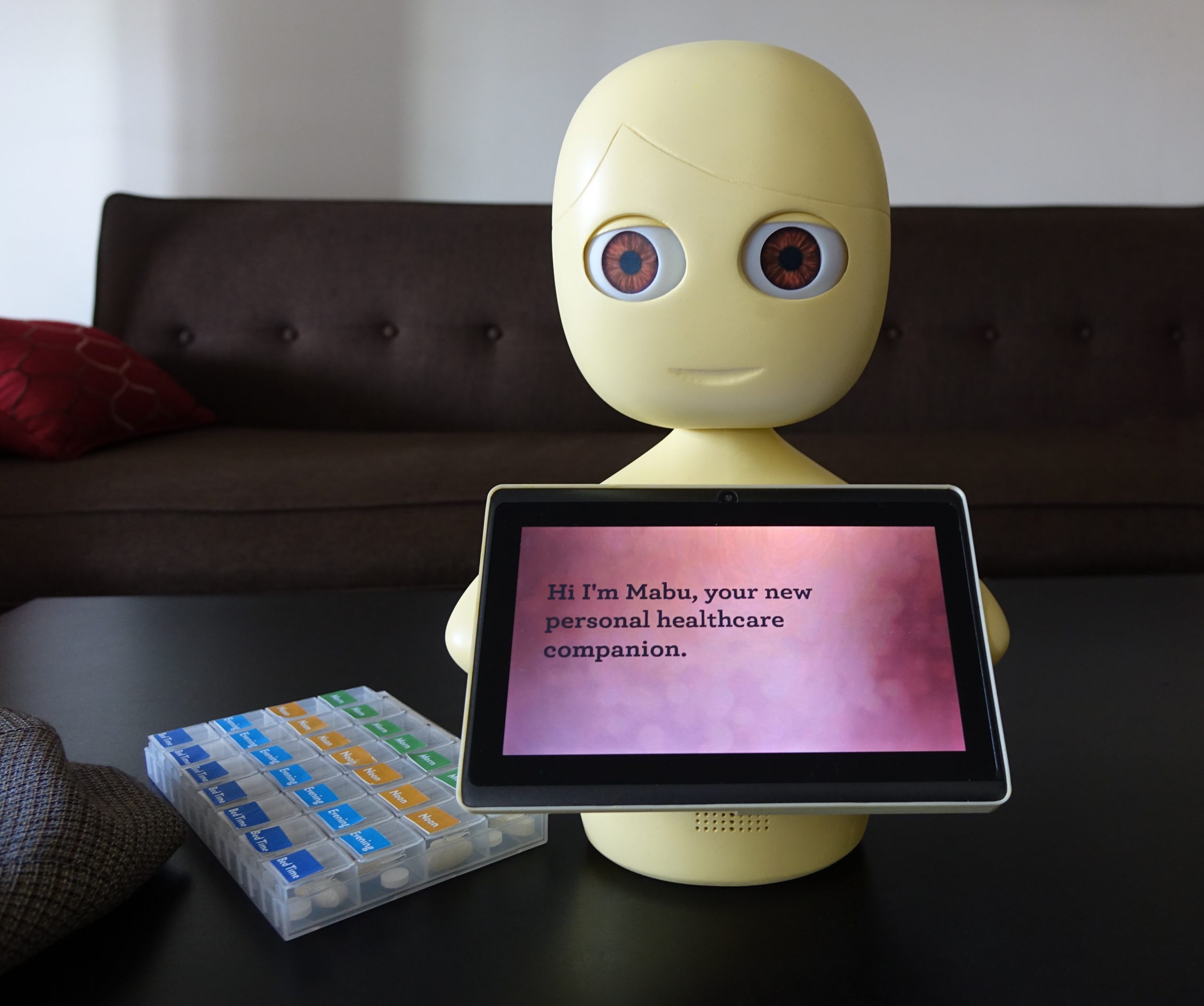Pfizer and Catalia's robot wellness coach aims to help patients take their meds

Pfizer and Catalia Health have launched a year-long pilot scheme exploring how patients engage with cute robot companions that use artificial intelligence (AI) to check on symptom management and help with medication adherence.
A 12-month pilot between Pfizer and San Francisco-based Catalia will use the Mabu Wellness Coach, which can interact with patients using AI algorithms to engage in tailored conversations.
Mabu “talks” with patients about how they are feeling and helps answer questions they may have about their treatment.
Software called the Mabu Care Insights Platform delivers detailed data and insights to patients at a specialist pharmacy to help human caregivers should they wish to make an interaction.
The hope is that the system will help better manage symptoms and address patients’ questions in real time.
Mabu also generates health tips and reminders to help patients get additional information about their condition and treatments.
Catalia was founded in 2014 by Cory Kidd and has developed Mabu specifically for patients with chronic diseases.
Mabu uses a voice-based interface designed for simple, intuitive use by a wide variety of patients in remote care environments.
The cloud-based platform delivers unique conversations to patients each time they have a conversation with Mabu.
Kidd, who is also Catalia’s CEO, said: “At Catalia Health we've seen firsthand the benefits that AI has brought to healthcare for both the patient and the healthcare systems.
“Our work with Pfizer allows us to engage with patients on a larger scale and therefore gain access to more insights and data that we hope can improve health outcomes.”
Pfizer is not alone in trying to use robot companions to interact with patients – researchers at MIT Media Lab, Boston Children’s Hospital and Northeastern University have deployed a robotic teddy bear across several paediatric units.
The robot named Huggable is currently operated by specialists who use software to control its facial expressions and body actions, and direct its gaze.
In the long run the goal is to use AI technology to make Huggable fully autonomous.












